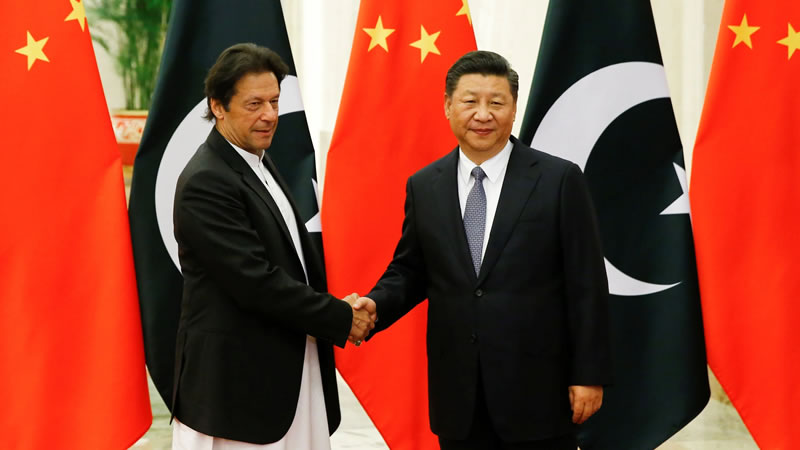 Renewed Israeli-Palestinian peace talks are taking place in Egypt, amid concern over the imminent expiry of Israel’s partial ban on settlement building.
Renewed Israeli-Palestinian peace talks are taking place in Egypt, amid concern over the imminent expiry of Israel’s partial ban on settlement building.
Israeli PM Benjamin Netanyahu and Palestinian President Mahmoud Abbas are holding three-way talks with Hillary Clinton in Sharm-el-Sheikh.
Before the talks began the US secretary of state had said Israel should extend its freeze on West Bank construction.
Palestinians say they will walk out if building on occupied territory resumes.
As she prepared to enter the talks, Mrs Clinton expressed confidence in the process, saying there could be no progress without dialogue.
Without the negotiations, she said, there was “absolutely no way that the legitimate needs of Israel can be satisfied for the long term, nor that the aspirations of the Palestinians can be achieved”.
“It is a question of how can we work toward making these direct negotiations break through the clear and difficult obstacles that stand in the way toward achieving a comprehensive peace,” she said.
The US is hoping that both the Israelis and the Palestinians hold back from anything that could interfere with the negotiations, which resumed in Washington on 2 September after a 20-month break.
That includes ending the 10-month ban on settlement construction, but Mrs Clinton has also suggested that the Palestinians could make a gesture that would help Mr Netanyahu sell an extension to the Israeli public.
Mrs Clinton said there were various ways in which the “hurdle posed by the expiration of the original moratorium” could be overcome.
“Remember the goal is to work toward agreement on core issues like borders and territory that would, if agreed upon, eliminate the debate about settlements,” the AFP news agency quoted her as saying.
Time short
In remarks on Sunday Mr Netanyahu, Israel’s prime minister, said that some of the thousands of new homes planned for the West Bank might not be built, but hinted that the ban on all construction might not be renewed once it expires on 26 September.
“We will not freeze the lives of the residents,” he said.
However, the chief Palestinian negotiator said there could be no “half solutions” by Israel.
“If it chooses any kind of settlement building, this means that it has destroyed the whole peace process and it would be fully responsible for that,” Saeb Erekat told the Associated Press.
Another problem facing negotiators is that only one part of the Palestinian territories is represented because the Islamist movement Hamas, which controls the Gaza Strip, opposes the talks.
On Tuesday, a leading Hamas figure, Mahmoud Zahar, told the BBC the movement would not attempt to stop the talks because they would “reach an end, as previous ones” by themselves.
But he said no Palestinian, including those involved in the talks, believed they would produce a genuine result.
“We have to advise the Palestinian side that this process is just a process, just meeting, just talking, just speaking without achieving real substantive issues related to the Palestinian rights,” he said.
The series of two and three-way meetings in Sharm-el-Sheikh comes ahead of another trilateral meeting scheduled to take place in Jerusalem on Wednesday.
The BBC’s Jon Leyne in Sharm-el-Sheikh says there does not appear to be much room for compromise, and time is running short.
But it seems unthinkable that these talks would collapse so soon, our correspondent adds, bearing in mind the amount of effort and political capital invested by the US government.
In an indication of the ongoing conflict behind the talks, Israeli forces arrested 10 Palestinians in raids in the West Bank on Tuesday.
The Israeli army said the detainees were militants who had been planning terror attacks, but the Palestinian news agency said they were civilians.
Meanwhile, Hamas has accused the Palestinian Authority of detaining more of its supporters in the West Bank, following recent attacks on Jewish settlers. Hamas said 65 of its members were now in Palestinian custody.
Last week four Jewish settlers were killed when their car came under fire near the West Bank city of Hebron. – BBC











